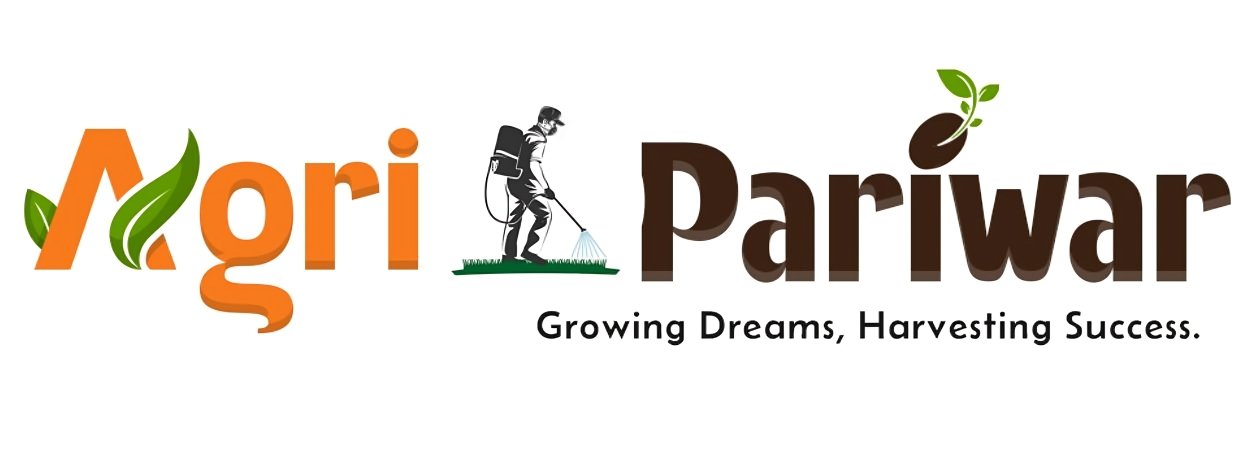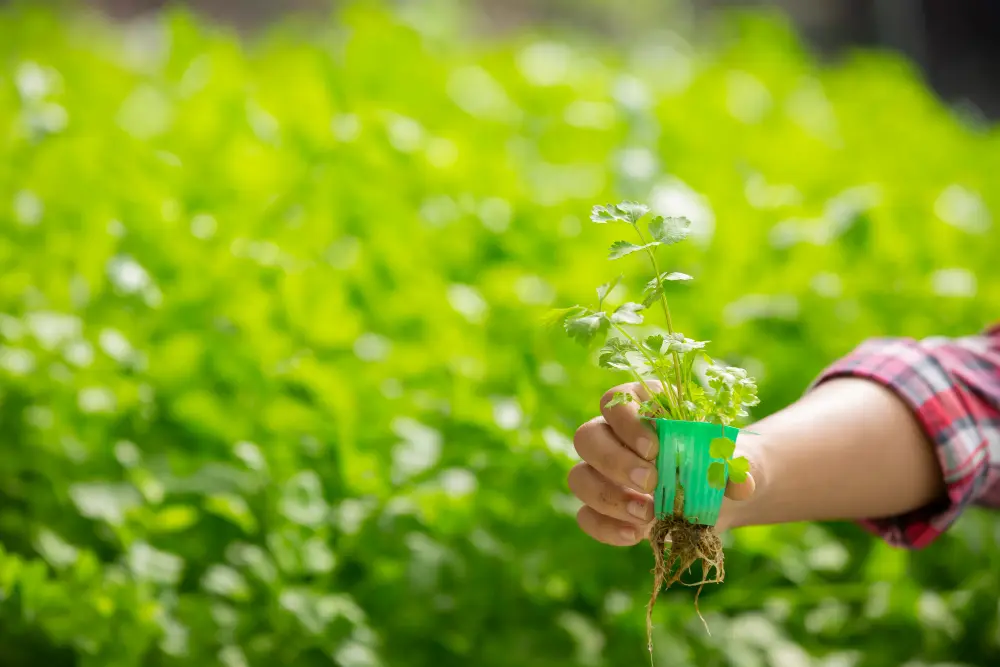Subtotal ₹0.00
Agriculture begins with a single, powerful ingredient — the seed.
A farmer’s success largely depends on the quality of seeds they sow. Good seeds lead to healthy crops, better yields, and stronger resistance to pests and climate challenges. Poor-quality seeds, on the other hand, can result in low productivity, high losses, and a waste of valuable resources.
In today’s world, where food security and sustainable farming practices are more critical than ever, understanding the importance of quality seeds is essential for every farmer and grower.
1. Higher Yields and Better Productivity
Quality seeds are genetically superior and possess a high germination rate, ensuring that most of the seeds planted grow into healthy plants. They are bred to maximize yield potential, helping farmers produce more crops per acre.
A higher yield doesn’t just mean more profit — it also contributes to feeding growing populations with fewer resources.
When farmers invest in certified quality seeds, they reduce the risks of uneven growth and weak plants, allowing them to harvest a consistent and abundant crop.
2. Resistance to Pests and Diseases
Another critical advantage of quality seeds is their resistance to pests and diseases.
Modern seed varieties are developed through careful research and breeding techniques to withstand common threats that could otherwise devastate a crop.
By using pest- and disease-resistant seeds, farmers can reduce their dependency on chemical pesticides, leading to healthier produce, lower input costs, and a safer farming environment.
3. Better Adaptability to Climate and Soil Conditions
Agricultural success today demands crops that can survive changing climate conditions like droughts, floods, or extreme temperatures.
Quality seeds are specially bred to adapt to different environmental conditions and soil types. They offer more flexibility for farmers to plant in diverse regions and seasons, ensuring stability in farming even when the weather turns unpredictable.
Choosing the right seed for the right region dramatically improves the chances of a successful harvest.
4. Improved Crop Quality
Quality seeds not only ensure quantity but also improve the overall quality of crops. Whether it’s tastier fruits, bigger vegetables, more vibrant flowers, or nutrient-rich grains, high-quality seeds make a difference.
Premium crop quality boosts the market value of the produce, allowing farmers to get better prices and establish a strong reputation in the market.
5. Cost-Effectiveness in the Long Run
Although quality seeds may cost slightly more initially, they offer better value over time.
With higher germination rates, better resistance to diseases, and higher yields, farmers can save on labor, fertilizers, pesticides, and replanting costs.
In short, investing in quality seeds results in higher returns, making farming more profitable and sustainable.
6. Contribution to Sustainable Agriculture
Using quality seeds plays a vital role in promoting sustainable agriculture.
Higher-yielding, resilient crops mean less land is needed for farming, preserving forests and natural habitats.
Reduced chemical usage protects soil health, water resources, and biodiversity — ensuring that future generations can continue to farm and live off the land.
Conclusion
Seeds are the foundation of agriculture. Choosing quality seeds means choosing success, sustainability, and a prosperous future for farming communities.
Whether you are a small-scale farmer or a large agricultural business, investing in certified, high-quality seeds is the first step toward achieving better yields, healthier crops, and greater resilience in the face of farming challenges.
At AgriPariwar, we understand how critical the right seeds are for your success.
That’s why we offer a wide range of premium-quality seeds for every need — carefully sourced and tested to give you the best possible results.
???? Ready to sow the seeds of success?


